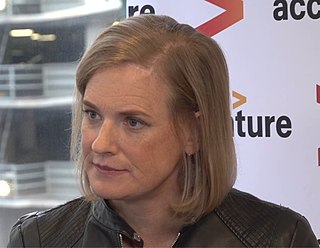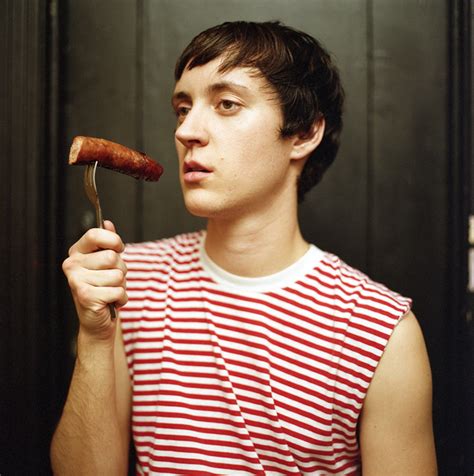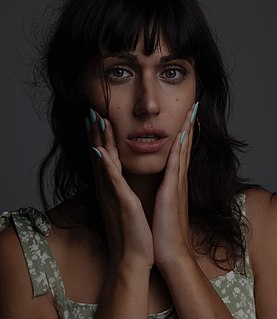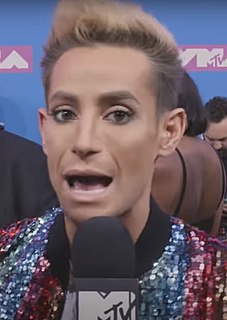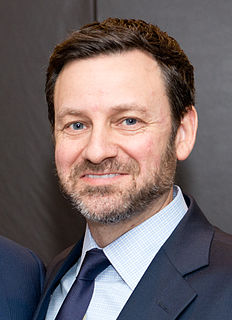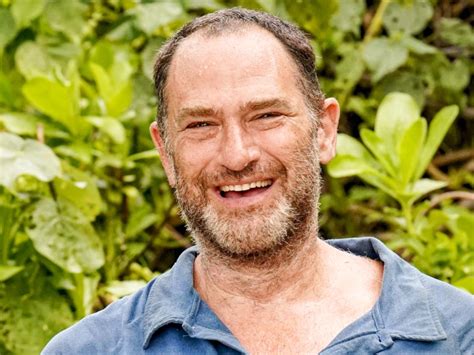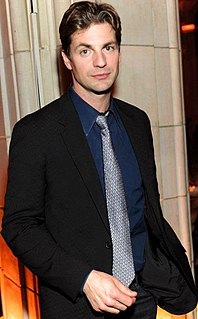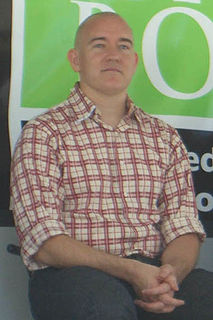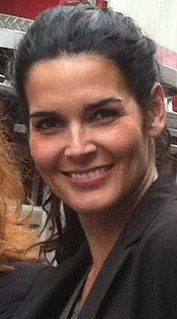A Quote by Vivienne Ming
After I transitioned, a lot of people said, 'I like you so much more now,' because before, I was unhappy. Making that change was a big part of becoming me. Whoever you are, as a gay man or a lesbian or a trans woman, embrace it. Turn it into an asset.
Related Quotes
I think it's really important to champion stories from trans women and trans women of color. That demographic has gone unheard and unsupported for so long, and it's really the community that's struck the hardest by a lot of issues. I try to do a lot of work to champion trans feminine issues and stories, but that said, I do have a personal and deep investment in seeing trans masculine stories reflected in culture. It is a little disappointing to me that trans men and trans masculine people have not really been part of this media movement that we're experiencing right now.
It's not a cis-man becoming a cis-woman. It's a trans person just being who they want to be. This is how I've always felt, and this is who I've always been. But so much focus is put on the transition or the change because it's so visible. But that's not even what it is... That's who that person's been and who they are now.
Popular culture does a lot to shape attitudes. You can't compare different communities to each other, but in my lifetime the gay and lesbian community has become much more mainstream in society. I would venture to say it's in part because people began to feel more comfortable when they saw that group on TV.
When it comes to trans people, we have to acknowledge their humanity and their dignity and listen to their voices and celebrate their courage. So much of the legislation that's happening across the world right now is not about bathrooms. It's about whether or not trans people have the right to exist in public and that's horrible. So many of our leaders are making an effort to erase trans people from our society and that angers me so much. I want to do everything in my power to stop that.
I think people sometimes get the wrong impression when they're like, Oh, well, so-and-so was straight and then she was gay, and now she's straight again, you know? But it's like, how many times do I have to kiss a woman before I'm gay? Everybody wants to label people. Sometimes you just fall in love with somebody, and you're really not thinking about what gender or whatever they happen to be. It think that if I happen to fall in love with a woman, everyone's going to make a big deal out of it. But if I happen to fall in love with a man, nobody cares.
For a while, the gay thing seemed like such a big deal. But now, I don't think it is. It's just a comedy-drama about people who live in the United States. It's a slice-of-life. I play a character-that's it. But I was well aware of the gay lifestyle before the show. I've been hit on in a really strong way by gay men who've tried to convert me, and a lot of my heroes are gay. William Burroughs, Lou Reed. Well, I guess Lou Reed is bi. The point is, it's 2002, gay life is no longer that shocking.
Because gay people were so much more visible, violence against gays was more common and reported on. But they were definitely related to each other. In the wake of AIDS, gay people felt like they had to organize, become much more active and visible. AIDS fostered a gay rights movement that made gay people more powerful and more vulnerable at the same time.
I think what Lawrence did was provide an assurance that gay and lesbian couples could live openly in society as free people and start families and raise families and participate fully in their communities without fear. And two things flowed from that, I think. One is that has brought us to the point where we understand now in a way even that we did not fully understand in Lawrence, that gay and lesbian people and gay and lesbian couples are full and equal members of the community.
